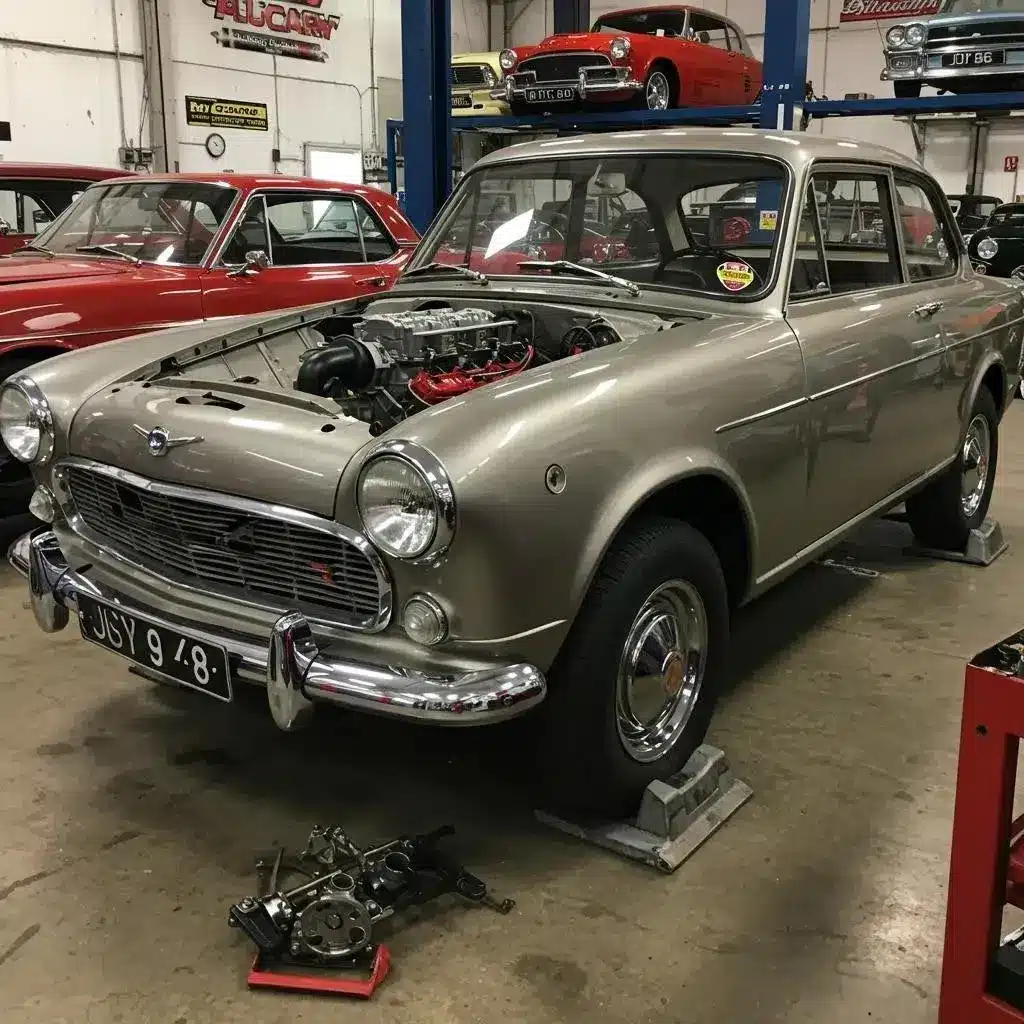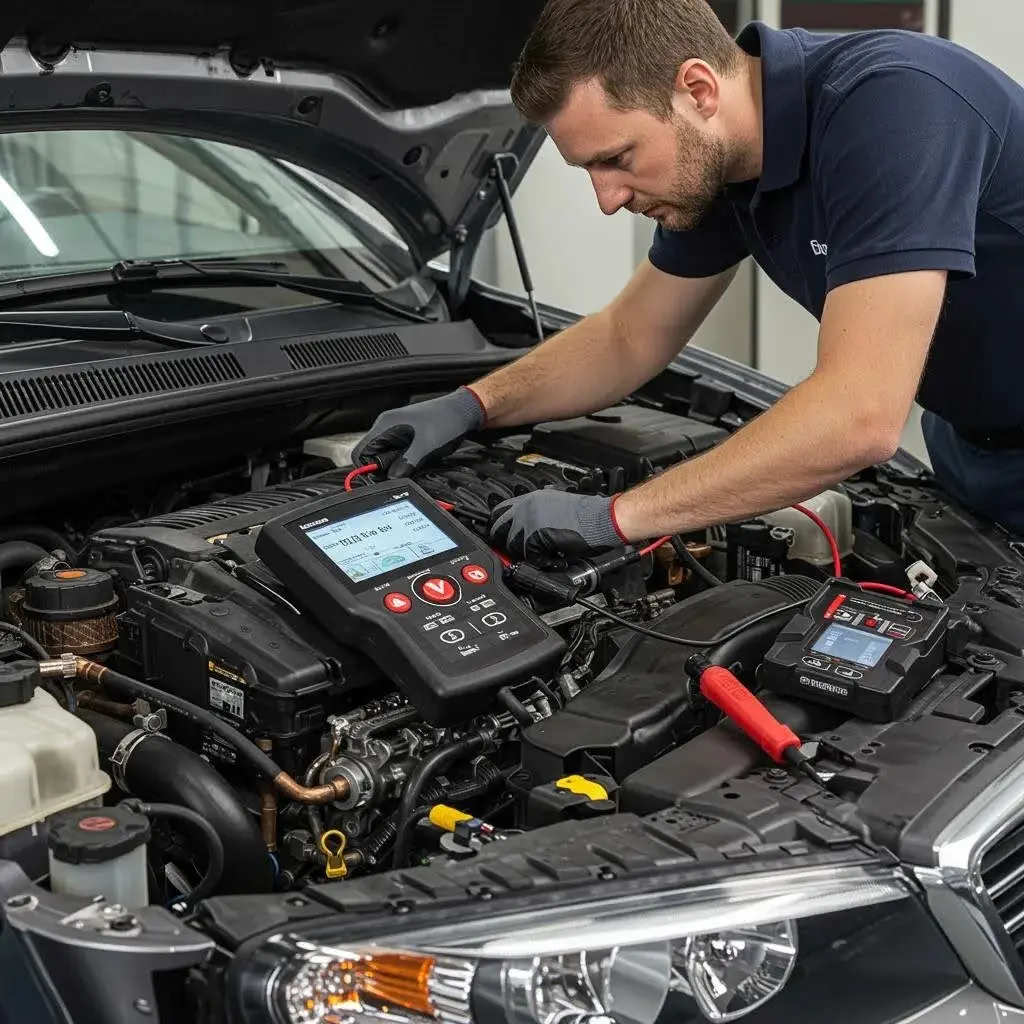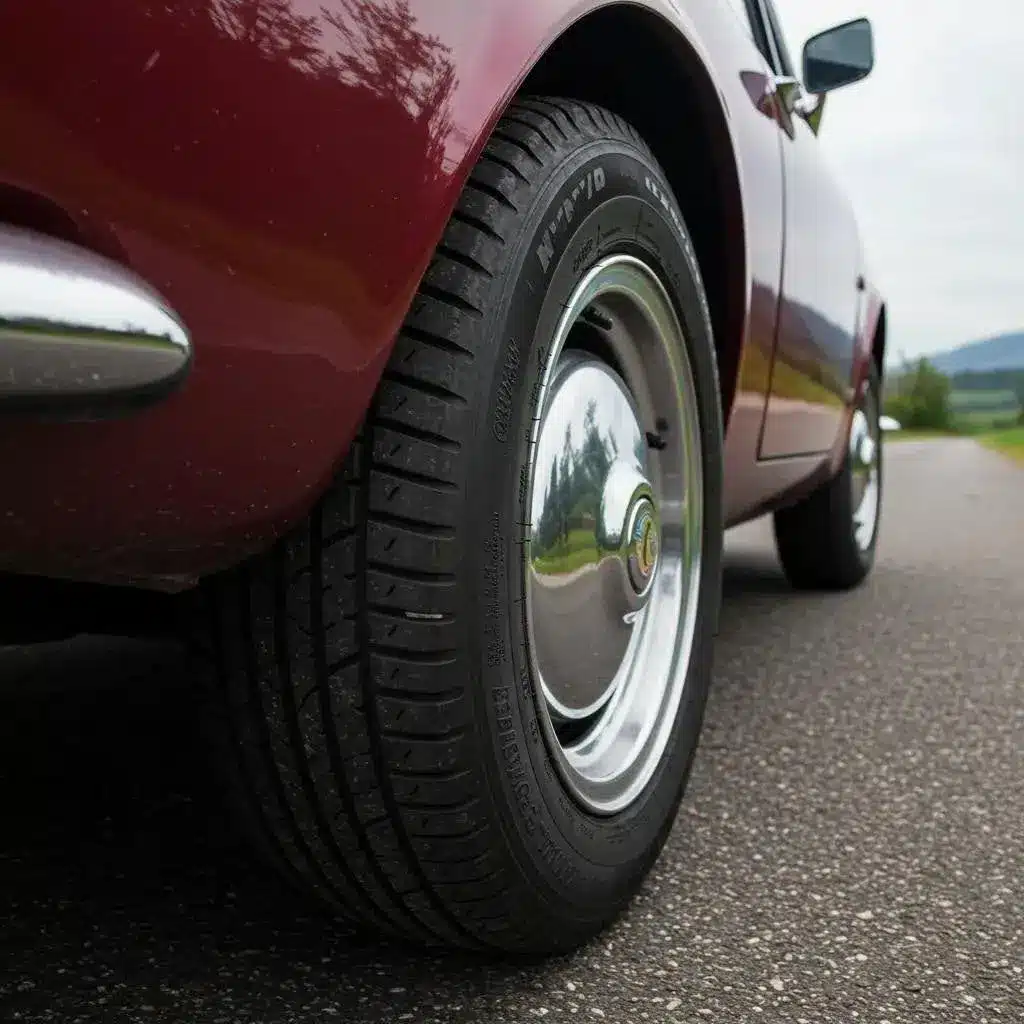Need to know how often to change your car’s air filter? The simple answer is that it varies.
Depending on your driving habits and environment, the interval can range from 12,000 to 30,000 miles based on average driving conditions and mileage.
Keeping your engine’s air filter fresh is critical to its health and your car’s performance. In this article, we will cover the signs your car needs an air filter change and recommended maintenance schedules tailored to your driving needs.
Key Takeaways
- A clean engine air filter ensures efficient combustion, protects the engine, maintains fuel economy, and enhances air quality inside the vehicle.
- Reduced power, strange noises, visible smoke, or a drop in fuel efficiency can indicate air filter issues; regular inspections and timely replacements are crucial for optimal performance.
- The frequency of air filter changes depends on driving habits and conditions. Manufacturer recommendations typically suggest replacing the filter every 15,000 to 30,000 miles or upon signs of wear.
The Importance of Engine Air Filters
The engine air filter plays a crucial role in maintaining engine performance and longevity. It prevents harmful dirt, dust, and particulate matter from entering the engine, thereby protecting the engine components from potential damage. Proper filtration supports optimal fuel efficiency and engine operation.
A clean air filter contributes to maintaining good indoor air quality within the vehicle, which can benefit passenger health. Regular replacement of the air filter is an essential maintenance task that helps ensure the engine’s efficiency, reduces emissions, and prolongs engine life.
How Air Filters Work
The process of air filtration is straightforward. As air enters the engine, it passes through the air filter, which captures dirt, debris, and other particles that could otherwise enter the engine. This filtration process plays a crucial role in preventing incomplete combustion. In such a scenario, these contaminants could undermine engine performance and cause long-term damage.
Maintaining optimal air flow through the filter is essential for engine performance and efficiency, making every journey smooth and hassle-free.
The Difference Between Engine Air Filters and Cabin Air Filters
The engine air filter protects the engine by filtering the air that enters it, while the cabin air filter, also known as the cabin filter, filters the air inside the vehicle to remove pollutants such as pollen, dust, and airborne particles.
Regular replacement of the cabin filter is important for maintaining good air quality inside the vehicle, especially in areas with high pollen levels.
Replacing the cabin filter is simple and usually inexpensive.
How to Identify a Dirty or Clogged Air Filter
Although the symptoms of a dirty or clogged air filter might not always be immediately apparent, they have the potential to compromise your car’s performance seriously. A clogged air filter can negatively affect your car’s performance and lead to:
- Reduced power output
- Sluggish acceleration
- Rough idle
- Odd engine noises
- Visible black smoke
- A drop in fuel efficiency
If left unaddressed, these issues can escalate. These warning signs are your cue to take action, as the restricted airflow they signify can result in more than just an underperforming engine; it could lead to costly repairs down the line.
Problems can be avoided through regular inspection and prompt replacement of your car’s air filter whenever needed, ensuring your vehicle operates at its best.
Visual Inspection Tips
A quick visual inspection can save money and ensure your engine breathes effortlessly. A healthy air filter typically features an off-white colour, but it takes on a noticeably darker hue when laden with excessive dirt and debris.
Another way to assess the state of your air filter is by checking its transparency. Holding the filter up to a light source, if you struggle to see the light passing through, it’s a clear sign that your engine’s lifeline is clogged and due for a replacement. These simple checks in your vehicle maintenance routine can help you catch air filter issues before they lead to bigger problems.
Check Engine Light and Air Filter Issues
A dirty air filter might be one of the less apparent reasons behind a lit check engine light. When the filter is clogged, it hampers the air supply to the engine, potentially causing carbon deposits to form on engine components and triggering the dreaded dashboard warning.
Ignoring this signal can lead to further ignition problems and reduced engine life, making it imperative to address air filter issues promptly. You may also hear unusual engine noises, such as popping or crackling, if the air filter is causing issues.
Routine checks and replacements can help extinguish the check engine light and improve your engine’s longevity.
Determining When to Change Your Engine Air Filter
The lifespan of an air filter varies depending on your driving habits and the environments you frequent. Manufacturers generally recommend a replacement every 15,000 to 30,000 miles to keep your engine performing optimally.
However, you should also visually inspect your air filter’s condition about every 6,000 miles, or as a rule of thumb, consider replacing it after three years of use to prevent the risks associated with an old, brittle filter.
Anytime you notice signs of restriction, reduced airflow, or if the filter appears dirty or clogged, you should not for mileage intervals check them immediately.
Replacement Intervals for Different Driving Conditions
Your driving environment plays a pivotal role in determining the frequency of air filter replacements. Different vehicles may require different air filter replacement intervals based on their design and usage.
If your journeys often lead you through urban areas with heavy traffic, dusty conditions, or unpaved roads, your filter may likely require more frequent attention, around every 12,000 to 15,000 miles. Extreme heat can also accelerate the need for a new filter, as can driving on gravel roads where more dirt and debris get stirred up.
Selecting car air filters with higher dirt-holding capacities can be wise for those facing such challenging driving conditions. These filters help extend replacement intervals while protecting your engine. However, it’s essential to consider the efficiency of your existing air filter in these situations.
Follow You Car Manufacturer’s Recommendations
For optimum performance and to meet warranty requirements, your vehicle’s owner’s manual is the most reliable source for specific air filter replacement intervals. These guidelines are tailored to your vehicle’s make and model, ensuring the filter’s efficiency matches the manufacturer’s expectations. If the owner’s manual is unavailable, a quick online search with your car’s details can provide you with the necessary information.
Always ensure that the filter you choose meets or exceeds your vehicle’s OEM specifications for a perfect match and uncompromised engine protection.
DIY Air Filter Replacement: A Step-by-Step Guide
The process involves finding where the air filter is located, typically under the hood, removing the old filter, and having it replaced. In some newer vehicles, the process of getting the air filter replaced can be slow due to harder-to-reach locations.
Ensuring everything is secure before closing the air filter housing, which may simply snap shut or need screws, is the final step in this straightforward maintenance task.
Once the old filter is removed, put in the new air filter. Having your air filter replaced regularly is a key part of vehicle maintenance. With confidence and a new air filter, you can quickly refresh your engine’s air supply and maintain its performance.
Tips for Choosing the Right Air Filter
The world of air filters is diverse, and choosing the right one for your vehicle hinges on several factors, including:
- the specific needs of your make and model;
- the driving conditions you typically encounter; and
- the filter’s filtration efficiency.
The price of air filters can also vary significantly depending on whether you opt for OEM or aftermarket options, so consider your budget alongside performance needs.
When choosing a filter for your engine, prioritise filters that:
- They boast high efficiency and are adept at trapping contaminants.
- Safeguard your engine.
- Match the dimensions and style of the old filter to ensure a seamless fit and hassle-free installation.
- They are designed for easy DIY installation to save time and reduce maintenance costs.
Sovereign Motor Engineers: Expert Car Maintenance and Repairs in Tonbridge
At Sovereign Motor Engineers, we keep your entire vehicle running like new. We offer a vast range of services, including:
- MOT tests
- Car diagnostics
- Tyre services
- Oil changes
- Brake checks
- Air conditioning recharge
- Expert car repairs
We are your one-stop garage for reliable, high-quality car care.
Whether it’s a MOT test, quick oil change, filter issues or a complex engine issue, our skilled technicians treat every vehicle as if it were their own.
With over a decade of experience, award-winning service, and honest, upfront pricing, we’ve become Tonbridge’s trusted independent car garage. Every repair, inspection, and service is carried out with precision and backed by a commitment to excellence that keeps our customers coming back.
So, if you are looking for a car service you can trust, call us now on 01732 351439 or book online and experience the expertise of Sovereign Motor Engineers.
Frequently Asked Questions
How often should I change my car’s engine air filter?
You should change your car’s engine air filter every 15,000 to 30,000 miles, but it’s best to consult your owner’s manual for specific recommendations based on your driving conditions and manufacturer guidelines.
What are the signs of a dirty or clogged air filter?
If you notice reduced power, unusual engine noises, black smoke from the exhaust, and decreased fuel efficiency, it’s time to replace your air filter. These signs indicate a dirty or clogged filter.
Can I replace my air filter myself?
Yes, you can replace your air filter yourself. You only need a screwdriver and a new filter that fits your vehicle’s specifications. For some vehicles, replacing the cabin air filter may require removing the glove box, which can be a delicate step but is manageable with proper care.
What’s the difference between an engine air filter and a cabin air filter?
The engine air filter protects the engine, while the cabin air filter ensures clean air inside the vehicle. The cabin air filter works together with the vehicle’s fan to circulate clean air through the cabin. The cabin air filter is simpler and cheaper to replace.
Where can I find reliable air filter maintenance services?
Reliable air filter maintenance services are available at Sovereign Motor Engineers, a trusted choice with over a decade of experience in vehicle maintenance.
Conclusion
Throughout this guide, we’ve explored the air filter’s critical role in safeguarding your engine’s performance and driving comfort. Regular checks, timely replacements, and understanding when to seek professional help are key to keeping your vehicle in top condition.
Whether you tackle air filter maintenance yourself or entrust your car to the skilled hands of Sovereign Motor Engineers, you’re taking an important step towards ensuring a smooth and reliable driving experience.
Let this newfound knowledge empower you to take charge of your vehicle’s health and drive confidently into the future.




